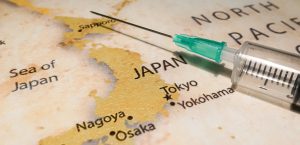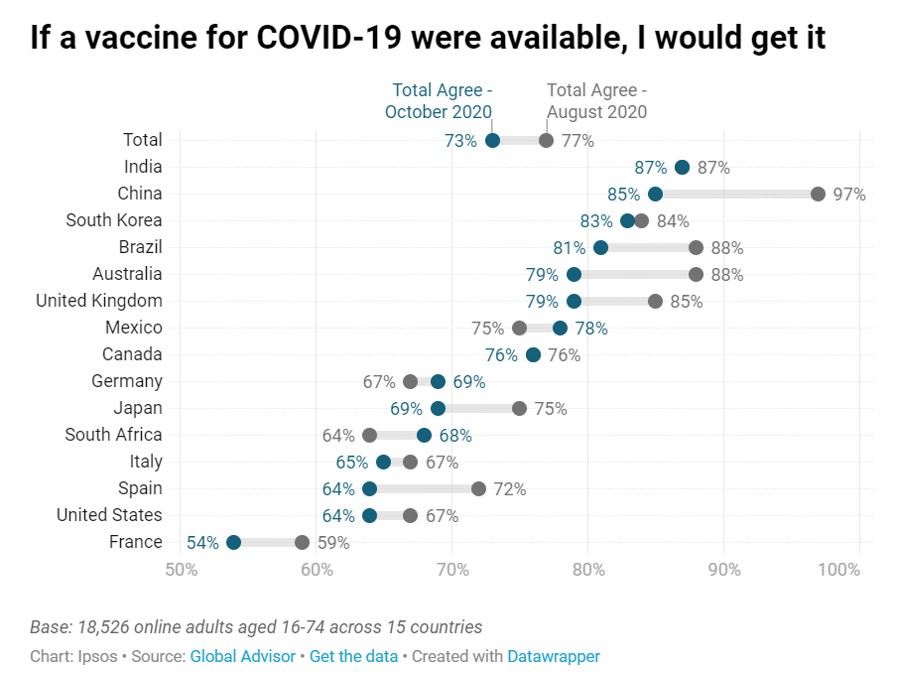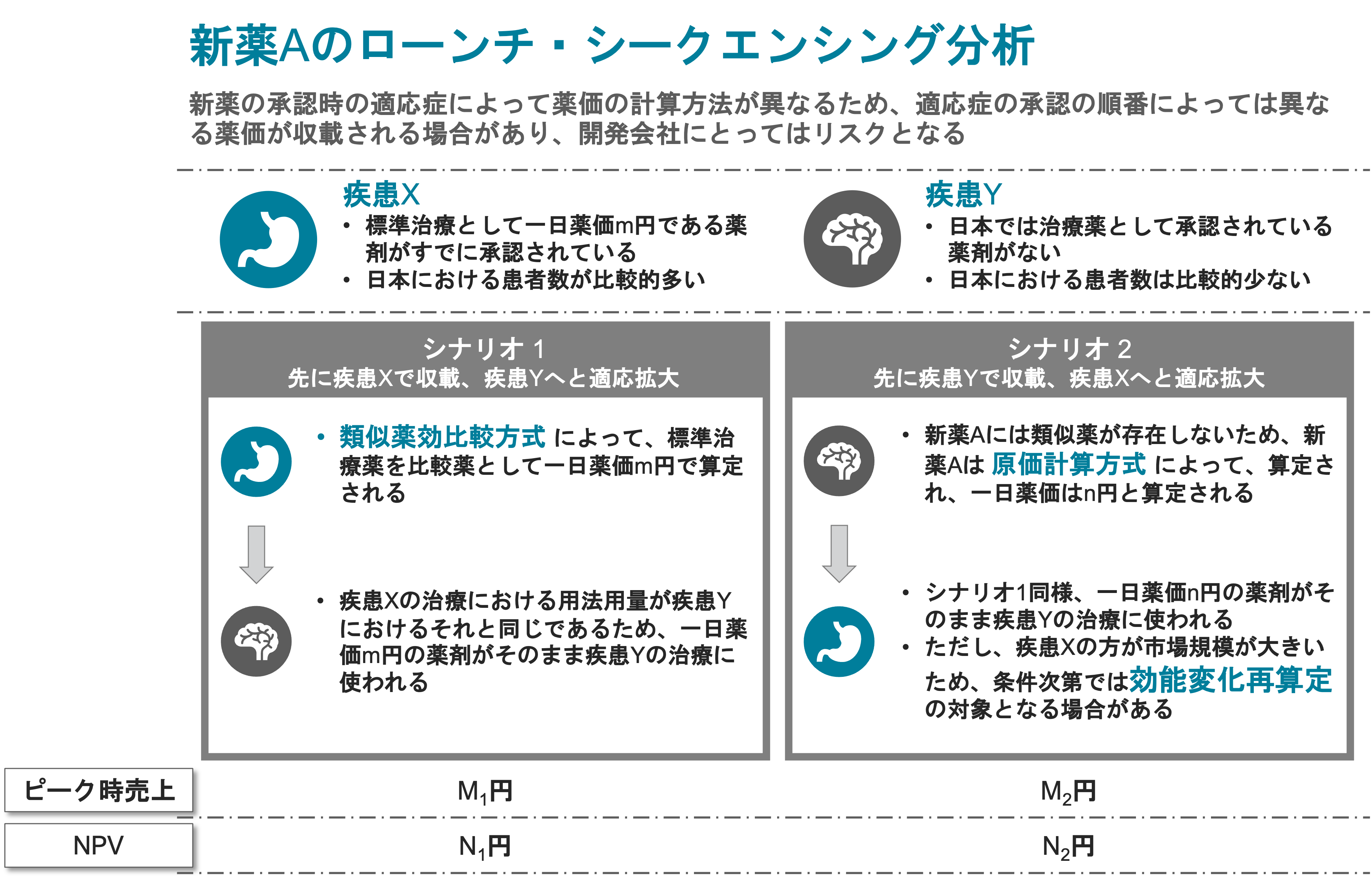Not going viral enough
MSD’s Silgard 9 silently reaches the market after five years of regulatory turmoil and social aversion against immunization

While the covid-19 vaccine is the only thing people talk about, last week another type of jab has been launched in the Japanese market. MSD, a multinational pharmaceutical company which is known as Merck and Co. in North America, has finally made its new Human Papilloma Virus (HPV) vaccine coined Silgard 9 into the hands of medical professionals. The new product is indicated for the prevention of cervical cancer and other proliferative diseases related to HPV infections.
Social distrust within the Japanese society against HPV vaccines appears to be finally showing some signs of waning in the last couple of years, based on the tireless efforts made by professionals to raise awareness of the need to immunize girls against this deadly virus. While two earlier versions of the HPV vaccine, Cervarix and Gardasil, were made available in 2009 and in 2011, respectively, the jabs have not been enjoying the likewise fame they have been garnering in other countries.
Applying the nobel prize winning science, HPV vaccines, once publicly promoted under a national routine immunization program based on its high efficacy in prevention of cervical cancer, quickly tarnished its reputation due to the series of case reports of pain symptoms which the relationship between the inoculations could not be excluded. Soon after, a fatal blow to the jab came when the Japanese Ministry of Health, Welfare and Labour announced that it will take “Tentative Measures to not Proactively Promote the Use” of HPV vaccines to eligible subjects, a political decision now blamed to be rootless and harmful. The rate of inoculations has plummeted from 70% to less than 1% in the eligible population since then, and the HPV vaccine became more and more politicized. As a result, every year, 10,000 women get newly diagnosed with cervical cancer with about 3,000 deaths in Japan. And for the very same reason, Silgard 9, which has a broader spectrum in terms of the virus strains than the earlier two vaccines, was kept on the shelf for half a decade after it was submitted for regulatory approval.
However, the tide is now changing, slowly but steadily. Academic organizations such as Japan Society of Obstetrics and Gynecology have officially announced their support for the vaccine program. The recognition of cervical cancer as a preventable disease is now becoming widespread, thanks to some of the journalists, including Dr. Muranaka, the 2017 John Maddox prize winner, trying to enlighten us with scientific research and evidence. Yet the challenge to persuade the somehow inert Japanese general public to receive the jab still remains. Last year, researchers reported that Japan is ranked among the countries with the lowest vaccine confidence in the world1.

This vaccine scare is also casting a shadow against the prospects of covid-19 vaccination. A global research company Ipsos reported that in their research, covid-19 vaccination intent was only expressed by just over a half of Japanese adult participants, and the reason for not taking vaccines among them were their concern about side effects which was highest among the researched countries2. While the decision of whether the Tokyo Olympics will be held this summer or not is yet to be made, this judgement may have some serious repercussions also to the willingness of the Japanese public to get vaccinated or not.
1 DOI:https://doi.org/10.1016/S0140-6736(20)31558-0
2 https://www.ipsos.com/en/global-attitudes-covid-19-vaccine-october-2020

